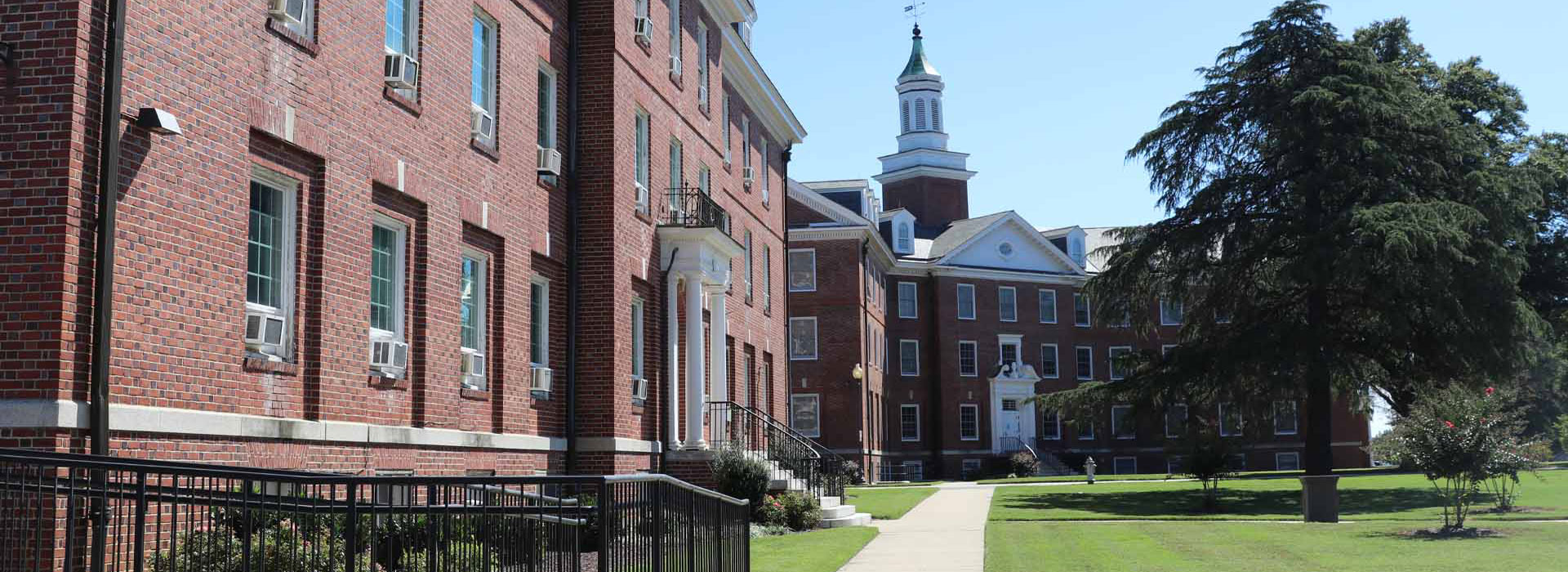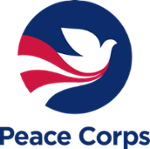Engaging thoughtfully and fluidly across cultures begins with one’s own self-awareness. With this learning objective, you will deepen your cultural agility through a mix of three introspective courses in which you learn about others while reflecting upon your own self in relation to others. The goal is for you to build your capacity to shift perspective and behavior around relevant cultural differences.
CATEGORY 1: YOU WILL COMPLETE THE STUDY ABROAD REQUIREMENT
All program participants are required to participate in a credit-bearing service-oriented study abroad program for which the student must earn at least three (3) semester hours of credit.* Programs may be global internships, volunteer activities, or field research completed in partnership with a local community group, or any combination of these. Past global service programs have included opportunities for VSU students to assist in elementary schools in Costa Rica; volunteer in orphanages, participate in play therapy at a children’s hospital, and provide English language to young adults in Morocco; help build a school in Ghana, and work with troubled youth at a rehabilitation center in Belize.
- IDUP 370
- GLST 202/302/402
*Or any other 3-credit course completed in conjunction with a study abroad program
Extra course credits earned while serving abroad can satisfy any of the course requirements for the Peace Corps Prep program after the study abroad requirement has been documented.
CATEGORY 2: YOU WILL TAKE AT LEAST 1 OF THESE CORE COURSES
- AGRI 295 Contemporary Global Studies
- POLI 207 International Relations
- POLI 205 Government and Politics of Developing Countries
- SOCI 304 Race and Ethnic Relations
CATEGORY 3: AND CHOOSE 1 ADDITIONAL ELECTIVE FROM THE ABOVE LIST OR THESE BELOW
IDUP 270 Introduction to Africana Studies
IDUP 470 Special Topics in Africana Studies
ENGL 314 Readings in Multi-cultural Literature
ENGL 411 Readings in African Literature
ENGL 412 Caribbean Literature
ENGL 322 Post-Colonial Literature
ENGL 354 Language in a Cross-Cultural Context
HLTH 343 Cultural Diversity in Health Counseling
HIST 325 Survey of Latin America
HIST 327 History of the Caribbean
HIST/IDIUP 271 Introduction to Islamic Civilization
HIST/IDUP 472 Special Topics in Islamic Studies
PHIL 314 Philosophy of Religion
SOCI 220 Black Social Thought
ECON 455 Comparative Economic Systems
GEOG 410 Geography of Developing Nations
MGMT 320 International Business
MGMT 408 International Marketing
POLI 204 Modern Africa
POLI 206 Government and Politics of China
POLI 412 The Political Economy Of Southern Africa
Prolonged intercultural experiences—such as studying or volunteering abroad, supporting new immigrants or refugees acculturate to the United States, or volunteering in diverse schools—would also strengthen your Peace Corps candidacy significantly. As a member of the International Student Exchange Program (ISEP) consortium, VSU is able to offer students affordable semester and year-abroad experiences.

